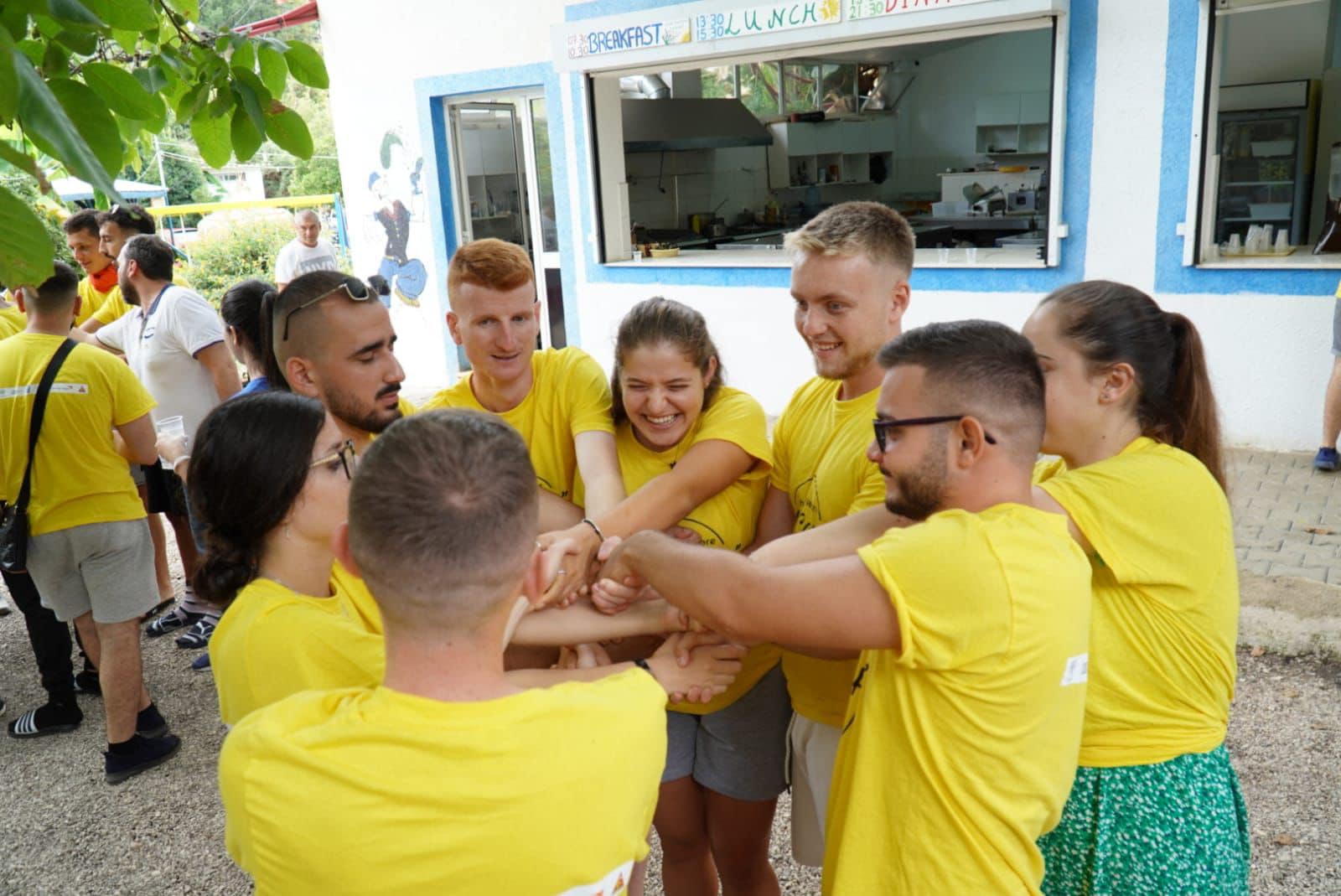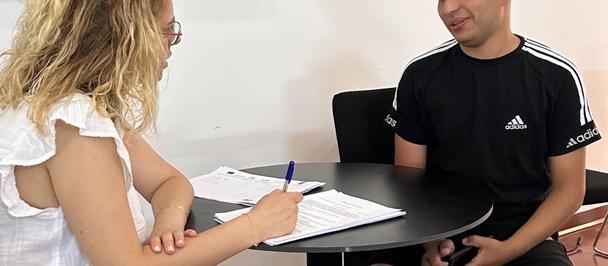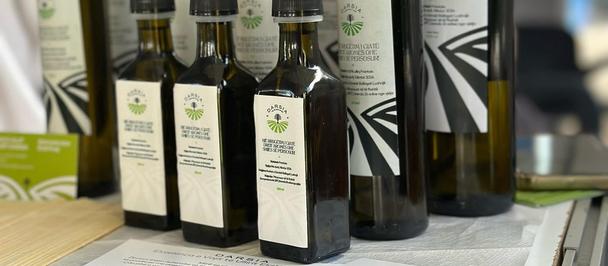UNDP Albania
Fostering Peace and Understanding among youth: The Power of Dialogue
March 15, 2023

As a creator whose domain is the digital realm, my senses are constantly awash with an endless stream of content. Yet, amidst the sea of information, it is disheartening to observe the prevalence of offensive language, online hostility, and social media bullying. Such acts seem to perpetuate ceaselessly.
A recent post by the UNDP that encouraged the embracing of LGBTI diversity in the workplace was met with a staggering 364 homophobic remarks. Any time we post similar content, we lose followers.
I recently met an incredible young woman named Kimete, who is a high-school student. She often becomes the target of hate speech from her peers, mainly due to her hijab, which she proudly wears. She regularly endures derogatory language directed at her religion, which causes her to feel powerless against those speaking it.
Emir, a young Roma, 16 years old, told me he is the victim of bullying at school because of his Roma heritage.
A mother's heavy heart confided in me, her 14-year-old daughter with a disability no longer wishes to attend school. Cruel children have taken to mockery robbing her of the joys of youth.
Regrettably, their experiences represent merely the proverbial tip of the iceberg.
I talked to Artan, a media analyst who said: “The perpetuation of discrimination and marginalization within our society serves only to entrench problematic attitudes and behaviors as the norm. It is imperative to champion diversity, inclusion, and mutual understanding, lest we allow regressive actions to hold sway. Only by upholding these values can we render any opposing actions utterly inconsequential.”
The Western Balkans area has undergone massive shifts in recent decades following the fall of communism and the dissolution of Yugoslavia which led to violent conflicts. Although constitutional agreements and peace deals have restored order in most parts of the region, maintaining this peace remains a challenge.
With the advent of social media, divisive rhetoric has increased exponentially, posing a threat to regional stability. Negative narratives in public debates, rallies, sporting events, and even everyday interactions have the potential to worsen ongoing issues such as mistrust and lingering grievances. This is further complicated by the high levels of youth emigration, particularly in areas where ethnic minorities are segregated.
To tackle these issues, a project financed by the UN Peacebuilding Fund is taking a proactive approach to strengthening the role of youth. By promoting mutual understanding, respect for diversity, constructive narratives, and trust, the project aims to improve the situation in Albania, Bosnia and Herzegovina, North Macedonia, Serbia, and Kosovo*.
In Albania, the project’s goal is to foster meaningful dialogue between young people across the country, while promoting gender equality and positive, fact-based storytelling in the media and public realms.
Aiming to accomplish this feat, vibrant platforms of youth involvement, encompassing both tangible and digital realms, shall be forged, ushering together individuals of diverse backgrounds to exchange ideas and foster mutual admiration for distinct viewpoints.
Moreover, a comprehensive digital campaign will be launched across the nation to spotlight the detrimental impact of negative narratives and hate speech. The objective is to raise awareness and discourage the use of such harmful language.
For Kimete, Emir who have all endured hatred and discrimination first-hand, this project represents a beacon of hope for their community and an opportunity for true, lasting change.
“In my opinion, this project holds immense significance as it enables us to gain insights into each other's cultures and establish meaningful connections. It goes beyond mere tolerance and emphasizes the values of respect and comprehension”-says Kimete.
"Engaging young people in promoting peace and unity is crucial for creating a better future. To thrive and develop, young people require a positive and inclusive environment."
The regional United Nations initiative ‘Youth 4 Inclusion, Equality & Trust’ empowers young people to engage in constructive narratives, strengthen intercultural dialogue, inclusion, gender equality and create mutual understanding and trust in the Western Balkans. The two-year initiative will enhance the role of youth in promoting increased comprehension and respect for diversity in the region. Collaboratively, UNDP, UNFPA, UNESCO, UN Women, relevant local ministries, municipal and youth councils, youth political parties, media, academic and cultural institutions, and civil society organisations are working on fulfilling the above mentioned goals, financially supported by the UN Secretary-General’s Peacebuilding Fund.
In Albania, the project is being implemented by UNDP and UNFPA.
To find out more about the project: http://bit.ly/3ZmMmtq
*References to Kosovo shall be understood in the context of the UN Security Council Resolution 1244 (1999).

 Locations
Locations




